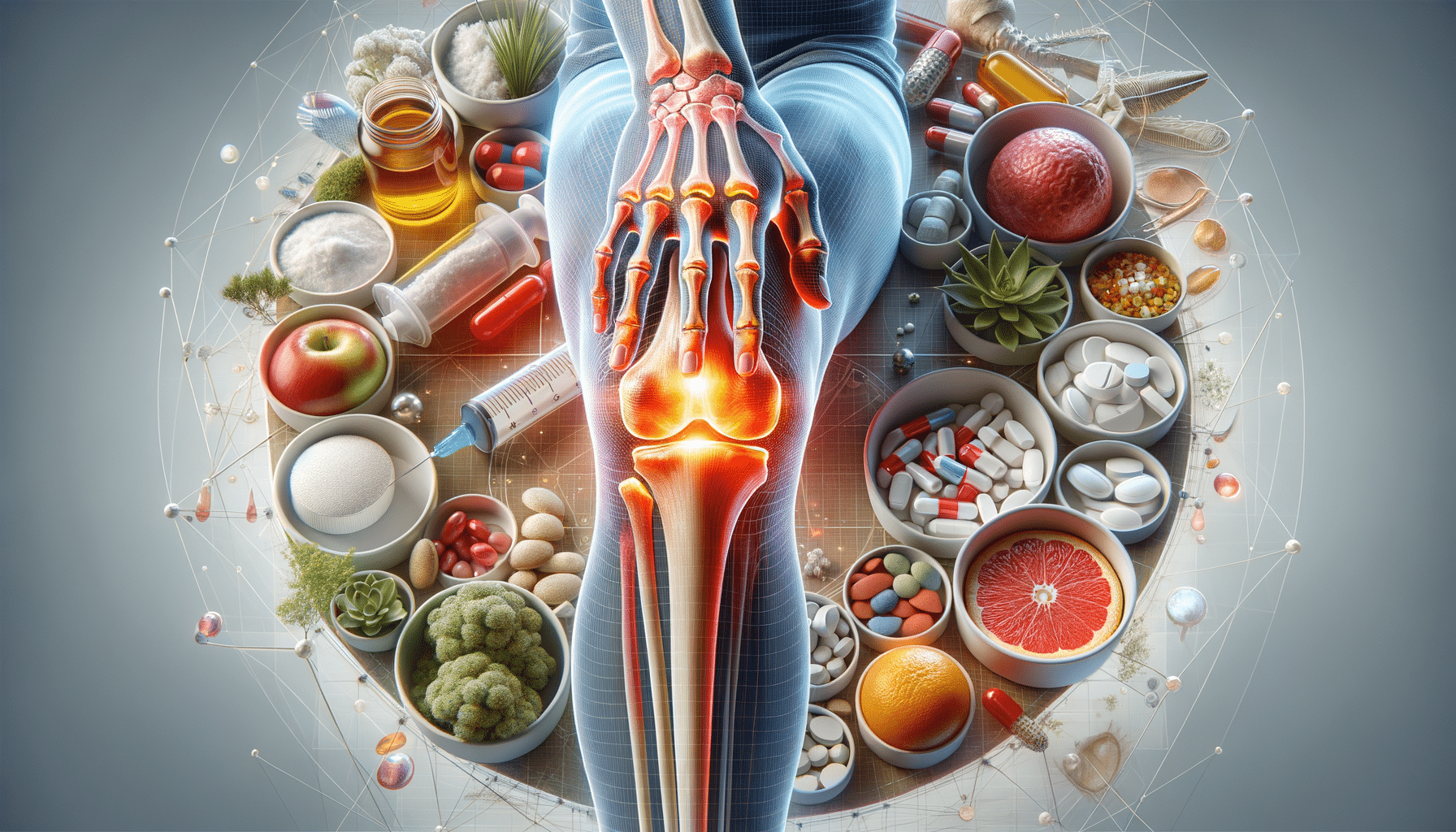
Understanding Arthritis: Symptoms, Treatments & Natural Relief Options
Introduction to Arthritis
Arthritis is a common condition that affects millions of people worldwide, yet it remains widely misunderstood. It encompasses over 100 different types of joint diseases and conditions, with osteoarthritis and rheumatoid arthritis being among the most prevalent. Understanding the signs and symptoms of arthritis is crucial for early detection and management, helping individuals maintain a better quality of life. This article delves into the various aspects of arthritis, including its symptoms, treatments, and natural relief options.
Recognizing the Signs and Symptoms of Arthritis
Arthritis manifests in several ways, often depending on the specific type. However, some common symptoms can help identify the condition early. Joint pain and stiffness are the most frequently reported symptoms, often worsening with age. Individuals may also experience swelling, redness, and decreased range of motion in the affected joints. In rheumatoid arthritis, symptoms can include fatigue, fever, and a general feeling of malaise.
One of the challenges in diagnosing arthritis is that its early symptoms can be easily mistaken for other conditions. For instance, joint pain can be attributed to overuse or injury, while stiffness might be dismissed as a sign of aging. However, persistent symptoms, especially when accompanied by swelling and redness, should prompt a visit to a healthcare provider for a thorough evaluation.
It’s essential to note that arthritis can affect people of all ages, including children, although it is more common in older adults. Early diagnosis and treatment can significantly impact the progression of the disease, making awareness of these symptoms vital.
Home Remedies for Arthritis Relief
While medical treatment is often necessary for managing arthritis, several home remedies can provide additional relief. These natural options can help alleviate symptoms and improve joint function, complementing conventional treatments.
Some popular home remedies include:
- Exercise: Regular physical activity can help maintain joint flexibility and reduce pain. Low-impact exercises such as swimming, walking, and cycling are particularly beneficial.
- Hot and Cold Therapy: Applying heat can relax muscles and increase circulation, while cold therapy can reduce inflammation and numb painful areas.
- Dietary Changes: Consuming a diet rich in omega-3 fatty acids, antioxidants, and anti-inflammatory foods can help manage arthritis symptoms. Foods like fish, nuts, fruits, and vegetables are excellent choices.
- Weight Management: Maintaining a healthy weight reduces stress on joints, particularly those in the lower body, and can alleviate pain.
Incorporating these remedies into daily routines can provide significant relief and improve overall well-being for those living with arthritis.
Medical Treatments for Arthritis
Medical intervention is often necessary to manage arthritis effectively. Treatment plans are tailored to the individual’s specific type of arthritis, symptoms, and overall health. Common medical treatments include medications, physical therapy, and, in some cases, surgery.
Medications can range from over-the-counter pain relievers to prescription drugs that target inflammation and immune system responses. Nonsteroidal anti-inflammatory drugs (NSAIDs) are commonly used to reduce pain and swelling. Disease-modifying antirheumatic drugs (DMARDs) and biologics are often prescribed for rheumatoid arthritis to slow disease progression.
Physical therapy plays a crucial role in managing arthritis by improving joint function and reducing pain. Therapists can guide patients through exercises tailored to their needs, helping to strengthen muscles and increase flexibility.
In severe cases, surgical options such as joint replacement or repair may be considered. These procedures can significantly improve mobility and quality of life for individuals with advanced arthritis.
Conclusion: Managing Arthritis for a Better Quality of Life
Arthritis is a complex and often challenging condition, but understanding its symptoms, treatments, and natural relief options can empower individuals to manage it effectively. Early detection and a comprehensive approach that combines medical treatment with home remedies can significantly improve outcomes.
By staying informed and proactive, those living with arthritis can lead fulfilling lives, minimizing discomfort and maintaining mobility. Whether through medical intervention, lifestyle changes, or a combination of both, managing arthritis is a journey that requires patience, persistence, and support.


